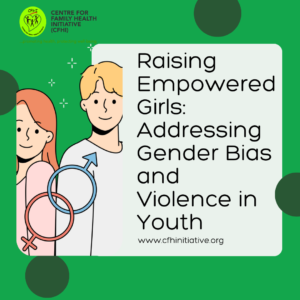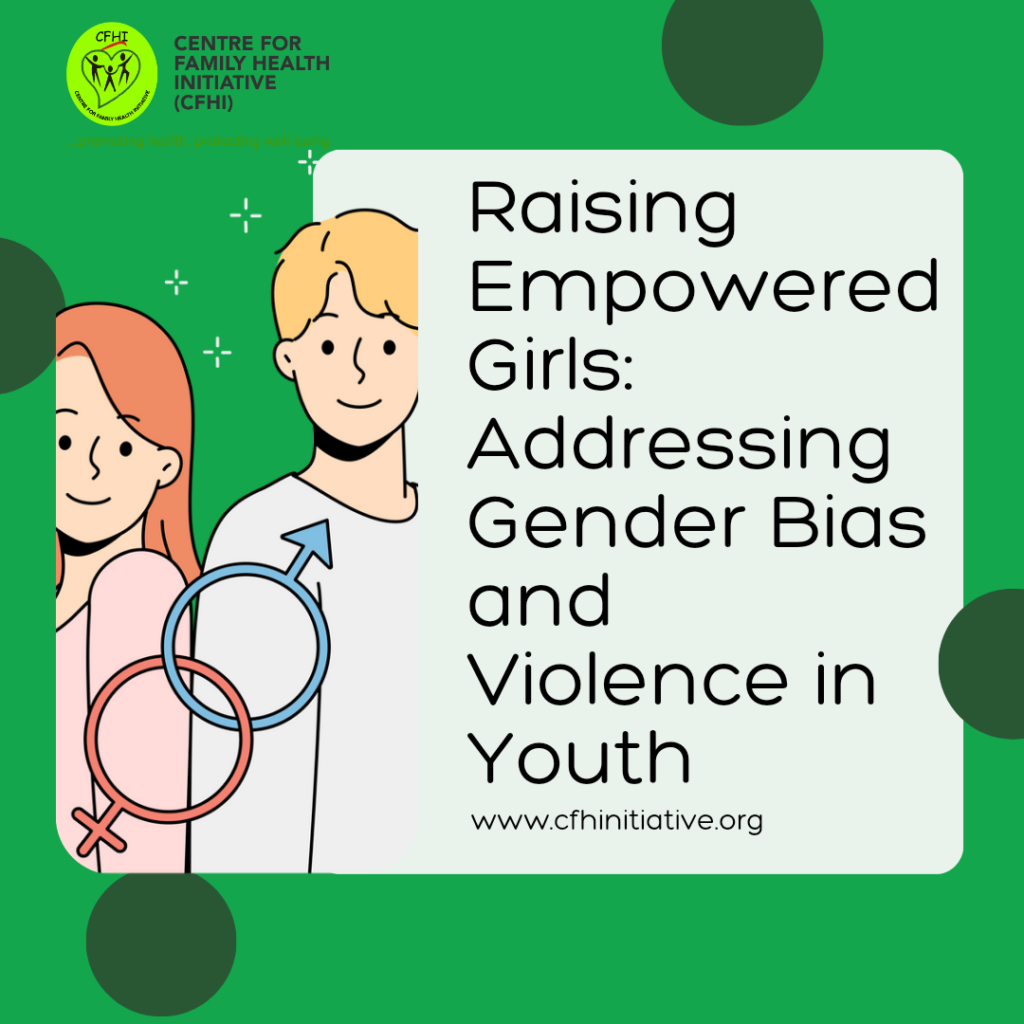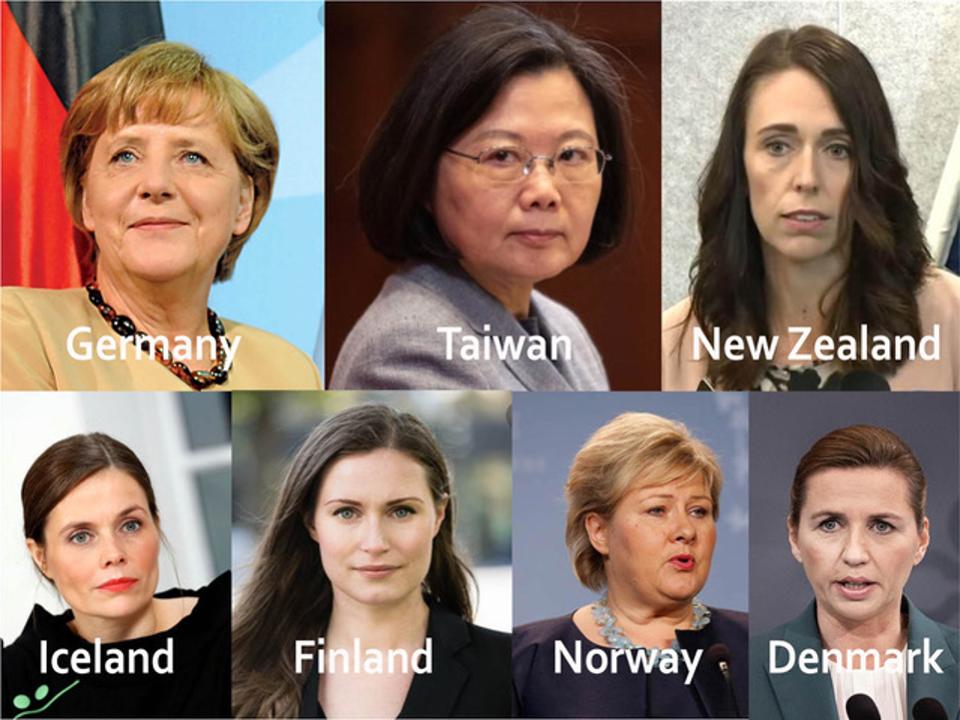Gender bias remains a pervasive issue that manifests in various aspects of a girl’s life, from education and employment opportunities to healthcare and social expectations. These biases often result in unequal treatment, limiting girls’ potential and contributing to systemic disadvantages. According to a 2020 report by UNESCO, over 130 million girls worldwide are out of school due to factors like poverty, cultural norms, and violence.
Gender-based violence (GBV), including domestic violence, sexual harassment, and harmful practices like child marriage, further exacerbates these challenges. The World Health Organization (WHO) estimates that one in three women globally has experienced physical or sexual violence, predominantly by an intimate partner. For young girls, the consequences are devastating, affecting their mental and physical health, educational attainment, and future opportunities.
Education is a powerful tool in combating gender bias and violence. Empowering girls with education not only enhance their individual potential but also promotes gender equality in society. Educated girls are more likely to advocate for their rights, delay marriage, and pursue careers, contributing positively to their communities.
Economic empowerment also plays a key role in raising empowered girls. Providing girls with opportunities for vocational training and access to financial resources can help them achieve independence and gain control over their lives. This not only benefits the girls themselves but also contributes to broader social and economic development.
The importance of addressing gender bias and violence against girls cannot be overstated. Empowering girls is not just about ensuring their rights and well-being; it is also about building stronger, more equitable societies. When girls are educated, healthy, and free from violence, they are more likely to contribute to their communities and economies, leading to broader social and economic benefits.
Speak Wednesday is an initiative of CFHI to address issues around gender-based violence and gender bias.
#SpeakWednesday #GirlChildEmpowerment #GirlsEducation #EqualityForAll #GenderEquality #GenderBias
References
1. UNESCO. (2020). Global Education Monitoring Report 2020: Inclusion and Education – All Means All*. Retrieved from [UNESCO](https://en.unesco.org/gem-report/report/2020/inclusion).
2. World Health Organization. (2021). Violence against women prevalence estimates, 2018. Retrieved from [WHO](https://www.who.int/publications/i/item/9789240022256).
3. UNICEF. (2022). Gender Action Plan 2022-2025: Addressing Gender Inequality for Every Child. Retrieved from [UNICEF](https://www.unicef.org/reports/gender-action-plan-2022-2025).
4. Global Fund for Women. (2021). Advancing Gender Justice: The Power of Women-Led Movements. Retrieved from [Global Fund for Women] (https://www.globalfundforwomen.org/).




